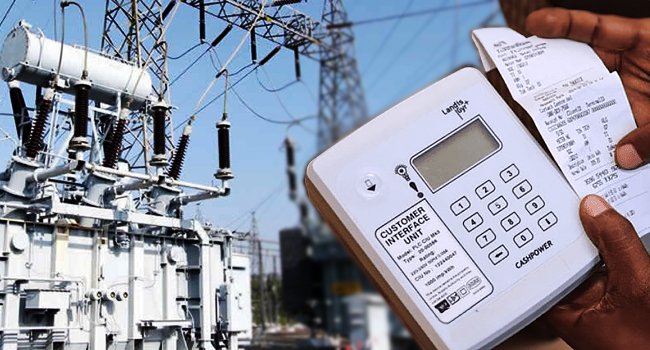The Federal Government has revealed that some rural communities in Nigeria are paying higher electricity tariffs than urban Band A consumers, despite enjoying a more stable power supply.
The Managing Director of the Rural Electrification Agency (REA), Abba Aliyu, said this on Monday, while speaking at a programme on Channels Television, Morning Brief, monitored by our Correspondent.
“There are communities, there are rural areas that pay more tariffs than Band A customers. There are areas where the tariff is close to N250 and N280,” Aliyu said.
The REA boss said the electricity tariff paid by rural communities largely depended on the total cost of infrastructure deployed by his agency.
“They pay for their electricity, and they enjoy it, but there are other areas where the tariff is less than Band A. It’s subjective on the total cost of infrastructure we deploy within those communities,” he said, adding that his agency explores solar energy as an economically viable model for power generation to rural communities.
Aliyu explained that REA has completed lots of mini-grids and interconnected mini-grids for public facilities across the country.
Nigeria has faced intractable energy challenges, no thanks to an epileptic power supply, which significantly affects productivity levels.
Despite the privatisation of the electricity sector, power generation, transmission and distribution have remained bogged with hydra-headed monsters of policy inconsistency, low investments and operational challenges.

